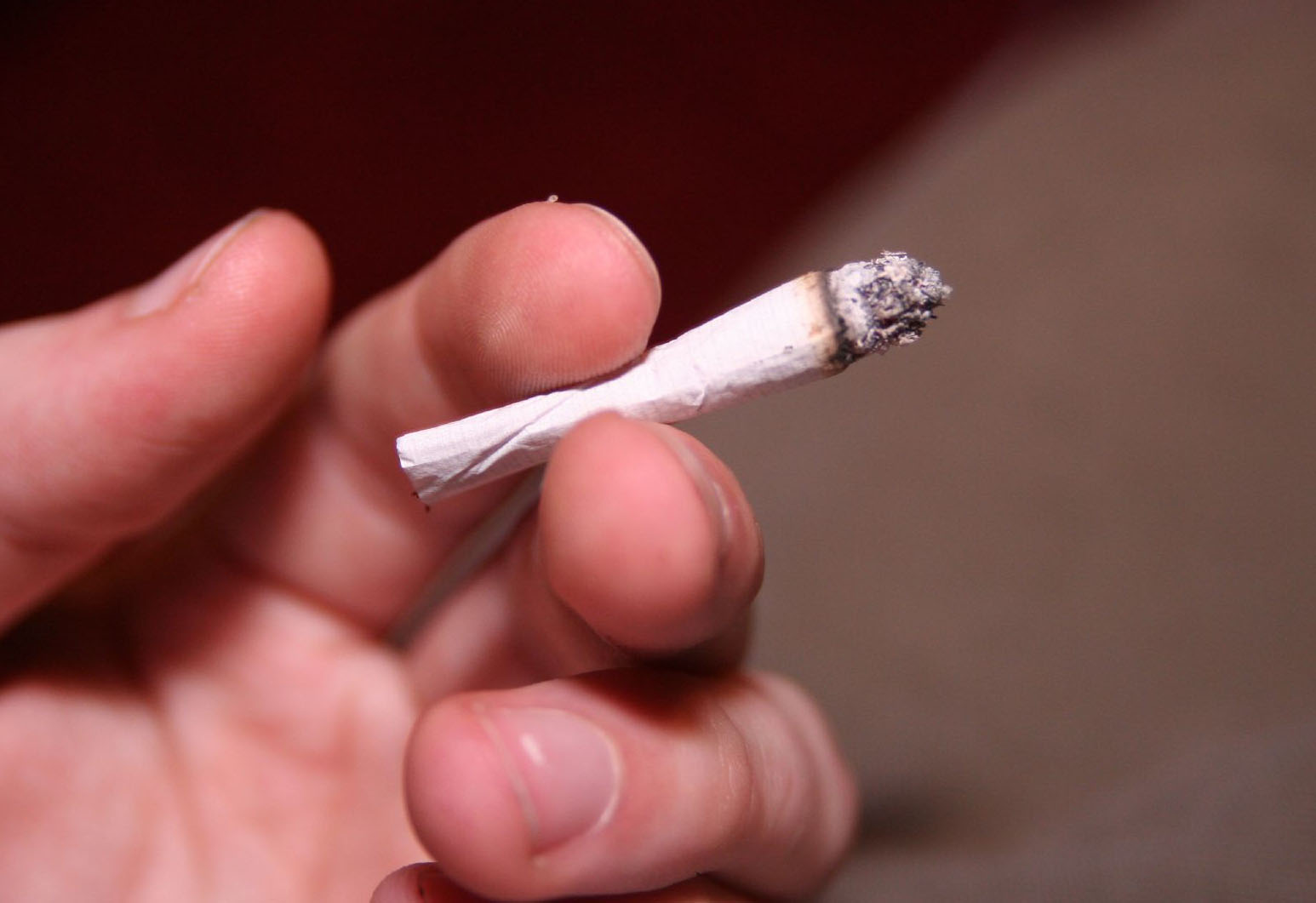A recent proposal to raise cigarette excise taxes in Maryland by a dollar — an increase of 50 percent — is irresponsible in light of the evidence suggesting that a large increase in the cigarette tax is associated with an increase in crime. The criminal activity could include but not be limited to rampant smuggling, violence against police (and other people) and public corruption.
February’s arrest of a North Carolina man in connection with the trafficking of 20,000 illicit packs of cigarettes from North Carolina into the Old Line State (on his way to New Jersey) is another chapter in the nation’s ongoing story of cigarette smuggling. Law enforcement discovered the illicit cache when the alleged smuggler’s automobile was pulled over for speeding. This accidental victory against cigarette smuggling represents only 0.0005 percent of the total packs we estimate were smuggled into Maryland in 2014.
Since 2008, we — and more recently, in concert with the Tax Foundation of Washington, D.C. — have published estimates of the rate at which cigarettes are smuggled into or out of 47 of the 48 contiguous states. We developed the estimates by creating a statistical model that compares smoking rates with the volume of legal paid sales. Through 2014, we estimate that more than 18 percent of all the cigarettes consumed in Maryland were brought in as a function of tax avoidance and evasion — what we call “smuggling.”
It should be noted that our “smuggling” catchall phrase does include some cigarettes legally transported across state lines. A number of states do let residents purchase a small number of cigarettes across state lines, and our statistical model picks those up. According to our model, Maryland is ranked 14th among the states for smuggling into the state, as of 2014. It switched places with Illinois, which dropped one spot.
If House Bill 71 — sponsored by Dels. Barbara Frush (D-Anne Arundel and Prince George’s) and Eric Luedtke (D-Montgomery) — manages to become law, we estimate that smuggling will leap to more than 40 percent of the total market, catapulting Maryland to the fifth-highest rate of smuggling, behind only New York, Arizona, New Mexico and Washington state.
This should not surprise even the most casual observer. Tax differentials between states create a business opportunity (the technical term is “arbitrage”) for smugglers. By acquiring cigarettes in a low-tax state and moving and selling cigarettes in a high-tax state, smugglers can make big money. Maryland authorities say the shipment they confiscated on Feb. 27 was worth more than $130,000. Smuggled (or stolen) packs of cigarettes represent a currency of sorts — cellophane-wrapped little gold bars for those willing to risk prison in the pursuit of profit.
The ability to make extraordinary gain leads to all sorts of related mischief, most of which are illegal. In 2012, a Prince George’s County police officer was sentenced for his role in the distribution of contraband smokes. Published reports indicate that he actually used his patrol vehicle to escort illegal shipments to their destination. That’s just one Maryland-specific example of public corruption. There are others around the country that involve police and prison guards.
The illegal trade in smuggled smokes is intertwined with theft and violence. We have cataloged numerous brazen attempts at stealing from wholesalers and retailers alike. On more than one occasion, thieves even sledgehammered their way through brick walls to steal cigarettes. One wholesale customer we have studied was shot while his just-acquired cigarettes were hijacked out from under him. Hijacking tractor-trailers is not unheard of, either, nor is violence directed at police.
It is only a matter of time before law enforcement officers are killed in the line of duty because of the illicit cigarette trade. Lawmakers in some states have inadvertently made trading in cigarettes as profitable as trading in illicit narcotics — with all of the harmful unintended consequences associated with that trade, but with less punitive consequences if caught. A more rational approach to excise taxes on cigarettes would be to take a fiscal Hippocratic oath and “first do no (more) harm.” Cigarette taxes as they exist already encourage rampant smuggling and other crimes. Ideally Maryland’s rate should be cut, but raising it again — and by 50 percent — would be an unconscionable move. The evidence shows that it would better serve the criminal class than the health-conscious one.
Michael LaFaive is director of fiscal policy for the Mackinac Center for Public Policy, a Midland, Michigan-based research institute. He can be reached at lafaive@mackinac.org. Todd Nesbit is a senior lecturer at Ohio State University. He can be reached at nesbit.19@osu.edu.



